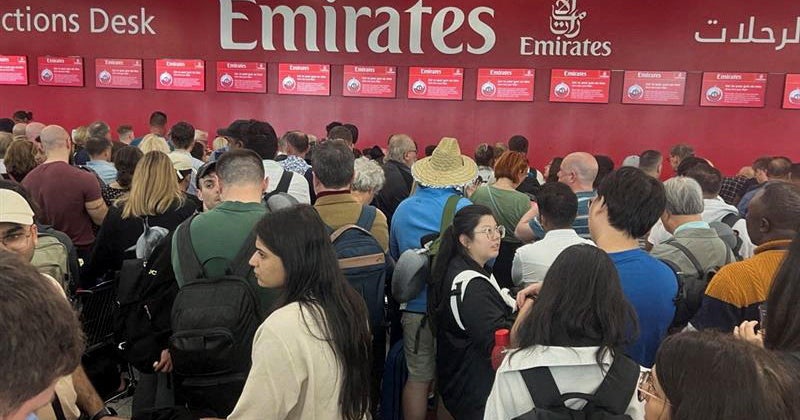Theresa May announces resignation date in tearful remarks after Brexit revolt
London -- Beleaguered British Prime Minister Theresa May announced on Friday that she will resign on June 7, following a mutiny in her Conservative Party over her handling of Britain's withdrawal from the European Union. May met with the leader of a group of hardline Brexit supporters from her party earlier Friday to agree a timetable to stand down and allow a successor to be chosen from amongst the Conservative ranks.
May is expected to continue as caretaker prime minister until her party elects a new leader. That internal election process will begin in the days immediately following her resignation on June 7. The leader of the party automatically becomes the prime minister.
Speaking to the nation outside her office, May said she believed that "if you give people a choice, you have a duty to implement what they decide," referring to the 2016 public referendum that saw the nation opt to leave the EU. "I have done my best," she said.
"I have done everything I can to convince MPs," she said, noting that she had "tried three times" to get the deal she reached with European negotiators approved by Parliament.
"I believe it was right to persevere even where the odds against success seemed high," she said. "But it is now clear to me that it is in the best interests of the country for a new prime minister to lead that effort." (Watch the video below to see more of May's remarks.)
May said "I deeply regret" being unable to deliver on the Brexit commitment.
"I will shortly leave the job that it has been the honor of my life to hold," she said. "The second female prime minister, but certainly not the last."
Choking up with tears, May continued: "I do so with no ill will, but with enormous and enduring gratitude to have had the opportunity to serve the country I love."
The humiliating spectacle of the prime minister detailing her departure date followed a toxic response to the latest draft of her Brexit plan -- her forth -- this week from cabinet colleagues and fellow Conservative lawmakers.
May had previously said she would step aside once a Brexit deal had been passed by parliament, and launched a fresh bid on Tuesday for lawmakers to vote on it in early June, but the government postponed that vote.
MPs have already overwhelmingly rejected three slightly different versions of the EU divorce plan May's government spent more than two years hammering out with European leaders. Her latest proposals, which included giving them the option of choosing to hold a new referendum on the deal, prompted a furious reaction among Conservatives.
Pressure intensified on May after Andrea Leadsom -- one of the cabinet's strongest Brexit backers -- resigned on Wednesday from her post as the government's representative in parliament. In her resignation letter Leadsom told the prime minister she no longer believed that her approach would deliver on the 2016 referendum result to leave the EU.
What happens next
With the stalemate in Parliament, Britain's originally scheduled EU departure date of March 29 was extended, first to April 12, and now to October 31 which, as CBS News contributor Simon Bates noted, is Halloween. Amid the political paralysis, the clamor for May to stand down grew fast, and it intensified after disastrous results for the Conservatives in the May 2 English local elections.
It will likely take a few weeks for the party to pick its new leader from about four lawmakers who have put their names forward.
Once the new prime minister takes office, they will have until the end of October deadline to do what May failed to; get a divorce proposal agreed to by parliament and then presented back to the EU for approval by the other 27 member states.
If that doesn't happen, Britain would likely crash out of the EU with no future arrangements in place -- a so-called "no-deal" Brexit. Economists and analysts have warned that such a disorderly exit would likely hit Britain's economy hard and cause backups of goods and people at entry points. Some have predicted shortages in Britain of medicines and even some food items, given expected bottlenecks at shipping ports.



